
24 Jan Menopause Matters: 21 Myths Debunked
Written by Prabjit Chohan-Patel
SHE Malta is not qualified to offer medical advice nor prove the efficacy of alternative treatments. This article should not be used to make any final decisions about perimenopause or menopause management or treatment. Its sole aim is to provide clarifications and information to help you better understand menopause.
Our final part of the SHE Menopause Matters series addresses the most common myths and misconceptions that seem to surround menopause. The first two articles addressed the sociology and biology of menopause, the history and explanation of HRT and looked at some possible alternatives to help women through what is often a challenging and difficult time of life. In this third article, we’re changing things up to bring you an easily digestible 21 point list of things you should know about perimenopause, menopause and postmenopause.
We delve into the biggest areas of misunderstanding, uncover essential truths and answer your questions (including the ones you didn’t know you had!) to save you wading through an exhausting number of websites and books in the search for helpful information to help you navigate this stage of life.

1. After puberty, menopause is the only other stage in a woman’s biological life
Myth. Before a woman reaches menopause, her body’s oestrogen levels start dropping and her hormone levels fluctuate for several years. This stage is the body’s transition towards menopause and is called perimenopause (literally meaning ‘around menopause’). For some women, this can last as long as eight years and in others a much shorter period.
2. Women’s mental and physical condition doesn’t change until menopause.
Myth. Perimenopause can actually be much harder for women than menopause – the physical symptoms of Irregular periods, night sweats, increased perspiration, headaches, frequent urination, dry skin and dry eyes are just the tip of the iceberg. Many women don’t realise the mental and emotional impact of perimenopause.
Putting your phone in bizarre places, losing your keys constantly, failing to recall basic words or people’s names, struggling to process or retain what you read (recipe instructions, a page in a book or work document), having difficulty ‘thinking straight’ or planning/finishing everyday tasks, getting angry easily, feeling weepy … The daily toll on personal and professional level can be exhausting and distressing.
3. I’m in my late 30’s/early 40’s so i can’t be in perimenopause
Myth. Depending on your lifestyle, stress levels and other factors, perimenopause can begin as early as your mid-30s or as late as your mid-50s (although the latter is not the norm). The most common age for the start of perimenopause is between 40 to 44 years of age.
4. A woman’s life is pretty much over when she hits menopause
Myth, myth, myth! While menopause can make women feel invisible, unfeminine and irrelevant due to their changing appearance and ‘failing’ body in a society that values youth, vitality and beauty, menopause does NOT have to automatically signal the end of life as you know it!
Women today have more options than ever for continuing to live a healthy, active, fulfilling life. Mindful eating, controlling stress levels as well as smoking and alcohol intake, HRT, menopause-specific supplements, targeted weight-bearing exercises, cardiovascular exercise and sport, acupuncture, Ayurvedic hormone-balancing massage, yoga, meditation, regular self care routines…the list of options to help you navigate and enjoy your midlife years and beyond is a long one. Automatically feeling like you have been ‘put out to pasture’, are too old for most activities or that you have nothing valuable to contribute doesn’t have to be your story.
5. Hot flushes, night sweats and weight gain are the only symptoms of menopause.
Myth Hot flushes (or flashes to use the Americans term), night sweats and weight gain may be the most well known menopause symptoms. But oestrogen loss can cause a domino effect of (an astonishing 30+!) symptoms as follows:
Joint aches and stiffness, absence of sex drive, vaginal dryness, incontinence, palpitations, low bone density, hair loss, prickly skin sensation, dry itchy skin, night sweats, hot flushes, weight gain, bleeding gums, height loss, nail breakage, more fatigue, poor concentration, information retention, brain fog, confusion, memory loss, clumsiness, anxiety/nervousness, overwhelm, depression, lack of motivation or interest in life, reclusiveness and withdrawing socially, lower self confidence, loss of self identity.
6. My sex life will be over once I hit menopause.
Myth: while sex drive can grind to a halt and vaginal dryness is a major issue, HRT or certain supplements can reunite you with your lost libido and resolve vaginal atrophy, relieving the pain that intercourse can cause at this stage of life.
7. I don’t need to use contraception as I hardly have periods.
Myth: Although fertility declines significantly during perimenopause, you can definitely still get pregnant. In fact, you should still use contraception for a year after what you think might have been your last period as there is still a risk, however small, of getting pregnant before you reach the ‘safe haven(!)’ of postmenopause.
8. I’ve heard my menopause will be the same as my mother’s.
Myth: Although it is believed women generally reach menopause around the same age as their mothers, that is where the genetic similarity ends. Your mother’s own menopause experience doesn’t automatically foreshadow yours or dictate the symptoms you will experience. Factors such as lifestyle, general health and stress levels play a larger part.
9. Menopause starts after 50 and continues for the rest of your life
Myth. Some women actually go into menopause early (usually because of specific medical factors). The average though is 51. The specific stage of menopause is defined as the timeframe of 12 months after your last menstrual period. Once you have passed this timeframe, you are no longer in menopause and have proceeded to postmenopause. Postmenopause refers to the final biological stage of your life.
10. I can only see my regular GP for menopause advice
Myth It depends on the system where you live. In many cases, gynaecologists are more up to date on menopause factors and have the most accurate advice on treatment than general/family doctors. However, booking directly with a gynae may not be possible and you may require referral by a GP. Many countries also have specialist clinics dealing in menopause.
11. Taking antidepressants is the best way to relieve perimenopause mood swings and mental health issues.
Myth (an unfortunate one): In certain countries there has been a tendency to prescribe antidepressants to women suffering the mental health impact of menopause. However, antidepressants do not address the hormonal imbalance which is the root cause of psychological changes to a woman at this time of life. HRT, menopause supplements, oestrogen-boosting foods and reduced gluten consumption can be lower risk and healthier for tackling the mental and emotional impact of menopause.
12. Hormone Replacement Therapy is the only way to fix menopause symptoms
Myth. Many symptoms of menopause (including hot flushes, vaginal atrophy, low mood and absent sex drive) are certainly relieved effectively by HRT and it is a game changer for thousands of women whose life was intolerable before starting HRT. However positive lifestyle choices such as a conscious (menopause-friendly) diet, exercises tailored towards the effects of over 45s’ hormonal imbalance, meditation, breathwork, menopause-targeted supplements (to name just a few things) can significantly soothe and reduce symptoms. Note: If you choose to take supplements for your symptoms and future health, consider getting professional advice from a relevant practitioner or pharmacist on the correct doses you need. Be aware that supplements such as black cohosh and red clover have not undergone rigorous trials to measure efficacy although credited with potentially helping with several menopause symptoms.
13. HRT is the only way to safeguard against osteoporosis
Myth: Although one of the much mentioned benefits of taking HRT is its potential to prevent osteoporosis, it is not the only way to safeguard against this condition. Medically prescribed biophosphonates, strength training and weight bearing exercises, foods that support bone health, calcium and Vitamin D supplements are among the non HRT ways to keep your bones strong and reduce the risk of developing osteoporosis.
14. HRT is seriously high risk and to be avoided
Myth: A lot of worry and fear over HRT came from dramatic headlines about the early 2000’s Women’s Health Initiative clinical trial and Million Women Study (you can read more on this in our article To HRT or Not to HRT?.) Both organisations retracted their findings and the projects were discredited after improper procedures and unreliable analyses were discovered. That is not to say HRT is totally risk free. Risk level and potential is influenced by several factors. These involve the type of HRT (synthetic, body identical or custom compounded) you are considering using, the method your doctor suggests (eg. oral tablets, spray, gel, patch, pessary, cream), the length of time you are considering taking it for and your own medical history (high blood pressure, history of certain cancers, cardiovascular issues, being overweight and smoking increase the risk of an adverse outcome from taking HRT). Note: some HRT is only topical and local (vaginal pessaries for instance) and carries no risk. Tablets, patches, sprays are systemic and therefore enter the blood stream.
15. HRT hasn’t changed since the 60’s
Myth: Pharma companies including Pfizer and Wyeth still make the original form of HRT i.e. synthetic oestrogen from horse urine explained in eye-opening detail towards the end of this article. This is usually prescribed along with progestogen (synthetic form of the human hormone progesterone) However, there is an increasing demand by women worldwide for body identical plant-based HRT known as bHRT (derived from soybean and yam oil) as it is viewed as more natural. Even though these compounds are then laboratory altered, the result is identical to the body’s natural oestrogen (unlike the equine-derived HRT which is similar but not identical). This bHRT is prescribed with micronised progesterone, an exact duplicate of human progesterone, which is currently considered safer.
16. HRT is just one medical product taken in one form.
Myth: There are many brands on the market making several different forms of HRT, too many to list here. Your consultant will help you choose the one most suited to your symptoms and based on what is available where you live. HRT actually comes in several different forms and is prescribed according to the particular symptoms of the patient and type of HRT recommended/requested/available. This can be oral and vaginal tablets, dermal patches, dermal gels, dermal creams, pellets under the surface of the skin, oral spray, vaginal pessaries.
17. Supplements don’t really work for menopause
Myth: This is probably one of the most contested areas of menopause management and a lot of it comes down to personal opinion (in a flash survey I conducted among 20 women who are taking HRT, only one of them had considered taking supplements). Numerous companies offer supplements to tackle many of the most aggressive symptoms of all three menopause stages, for women who cannot or do not wish to take HRT. While research and testimonials exist for the relevance of certain supplements such as turmeric, curcumin, Vitamin D and the B vitamins, opinions vary on the efficacy of others including black cohosh and red clover. Individual women will react differently to various supplements.
18. HRT only works during menopause and stops working when menopause ends
Myth: Even though HRT is most commonly prescribed closer to the end of a woman’s periods or during peri-menopause, it can still be taken in post-menopause as long as your periods ended no more than ten years before starting HRT and as long as you start it before the age of 60.
19. You can stay on HRT for life.
More discovery needed: Even more than supplements, this is the source of much debate! The official advice from most medical professionals is to get on HRT as close as possible to the end of your periods and to stay on it for as short a time as possible. Whether this refers only to synthetic equine HRT or bHRT is not clear at the time of writing. Most women discontinue HRT after their most severe symptoms end (although this can of course lead to a return of symptoms.) However, many official menopause organisations are now suggesting that it may be beneficial for a woman to stay on HRT well into her post-menopause and past the age of 60. Any woman considering HRT is advised to seek out a doctor who is well read on the most accurate data age safety.
20. I’m not elderly so I don’t need a bone density scan.
Myth: Unfortunately some healthcare systems do not educate the population on the importance of having a DEXA scan early enough. Leaving bone density scanning til your 60’s can be detrimental and it is much more advisable – especially as a woman suffering far more hormonal impact than men – to do a bone density scan in your late 40’s/early 50’s in order to determine the presence of osteopenia and/or risk of osteoporosis. Note: increasing your oestrogen hugely helps joint ache and bone loss. Tip: if you have daughters in their teens, encourage them to do weight-bearing exercise to lay down a solid skeletal foundation which will help them in older years. Osteoporosis can kill which is not well known!
21. Menopause is just a women’s issue.
Myth: Rather than a myth, just plain wrong! A woman’s menopause journey can have a profound impact on her family and loved ones and of course work colleagues. It’s important that family members know what you are going through and that you feel supported and heard. While frank open discussion about menopause is still taboo in many societies, awareness has come a long way since the 1960’s. Adverts aimed at husbands with lines about coming home “to the turmoil of a woman going through the change of life” and promoting HRT as a way of making their wives “pleasant to live with once again”(!) are thankfully a thing of the past.
We’re only just starting to remove the stigma around menopause so there is a long way to go before employers fully recognise and understand the impact of menopause in the workplace but initiatives are underway in some countries to better support this. So no, it is not just a woman’s issue and needs to be understood by husbands, brothers, fathers, sons, employers and work colleagues everywhere.
Conclusion
The chain reaction caused by your changing hormone levels should not define your life.
Your 40’s don’t need to be an intolerable rollercoaster due to you not knowing anything/early enough about perimenopause and its potential impact on your everyday mental, emotional and physical health. Your 50’s shouldn’t require you ‘putting life on hold’ while you spend all your energy and time searching for clear information on how to just feel like yourself again. Your postmenopause years shouldn’t be a mere ‘over the hill’ existence where you feel that truly living just stops, decay takes over and you grieve over the ‘former you’ who is now a distant memory. No woman should spend any of the stages of menopause barely able to recognise herself and feeling powerless or too confused to do anything about it.
Even if a woman goes through her 40’s without making any lifestyle changes or getting regular checkups, this does not mean her menopause years and beyond will automatically be an ordeal. Everyone’s journey is different. Some women suffer from severe symptoms at one stage or another while others are hardly aware of any difference and enter post menopause doing nothing beyond standard breast and cervical cancer screening.
So bottom line, do what feels right for you. This is your midlife health (not your mother’s, sister’s, friend’s etc). Read, discuss, explore, ask, consult. If you don’t feel supported by your doctor, find another one.
The decisions you make, the steps you take (including reading quality informative pieces like our Menopause Matters series!) can make a dramatic difference to your life.


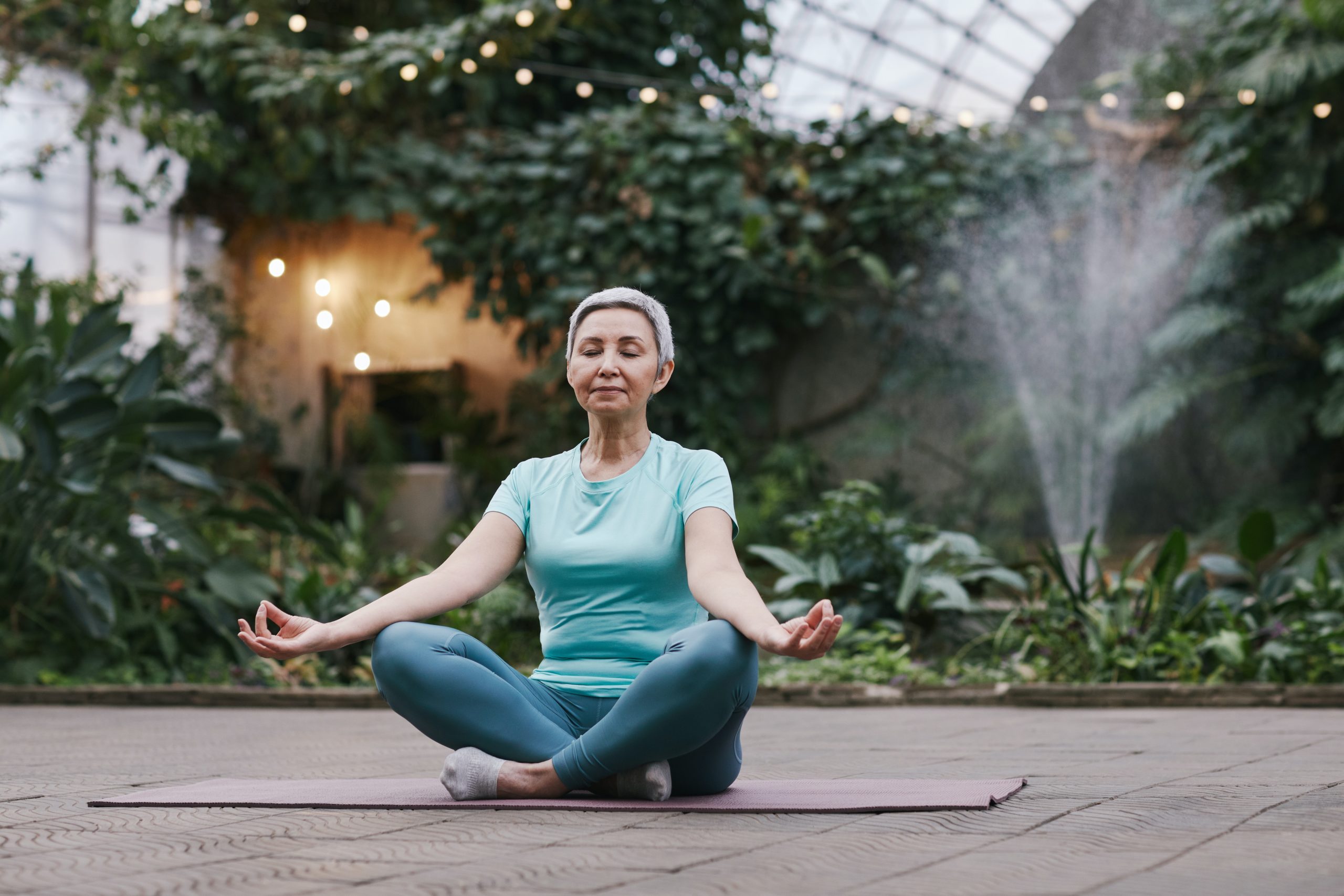
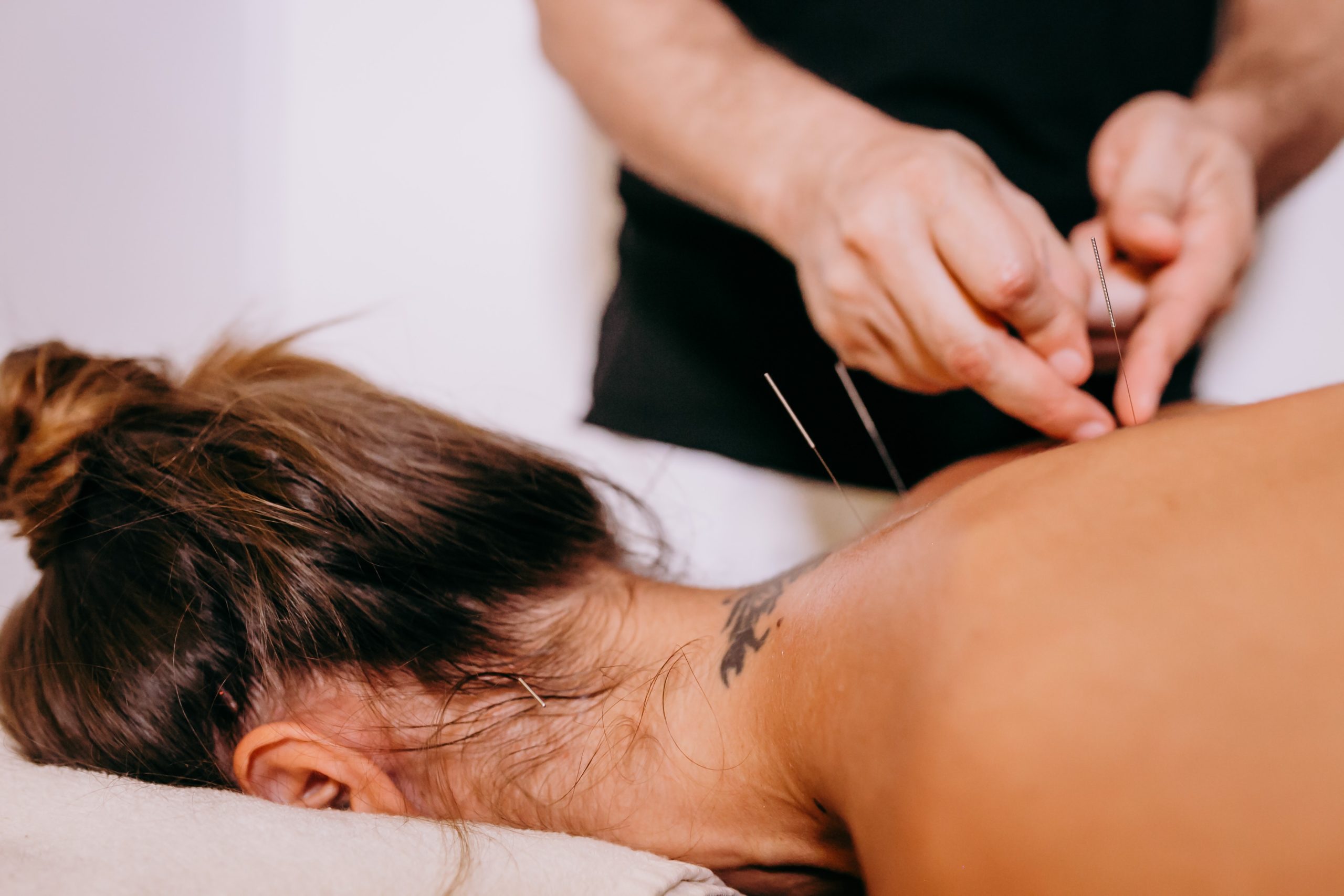

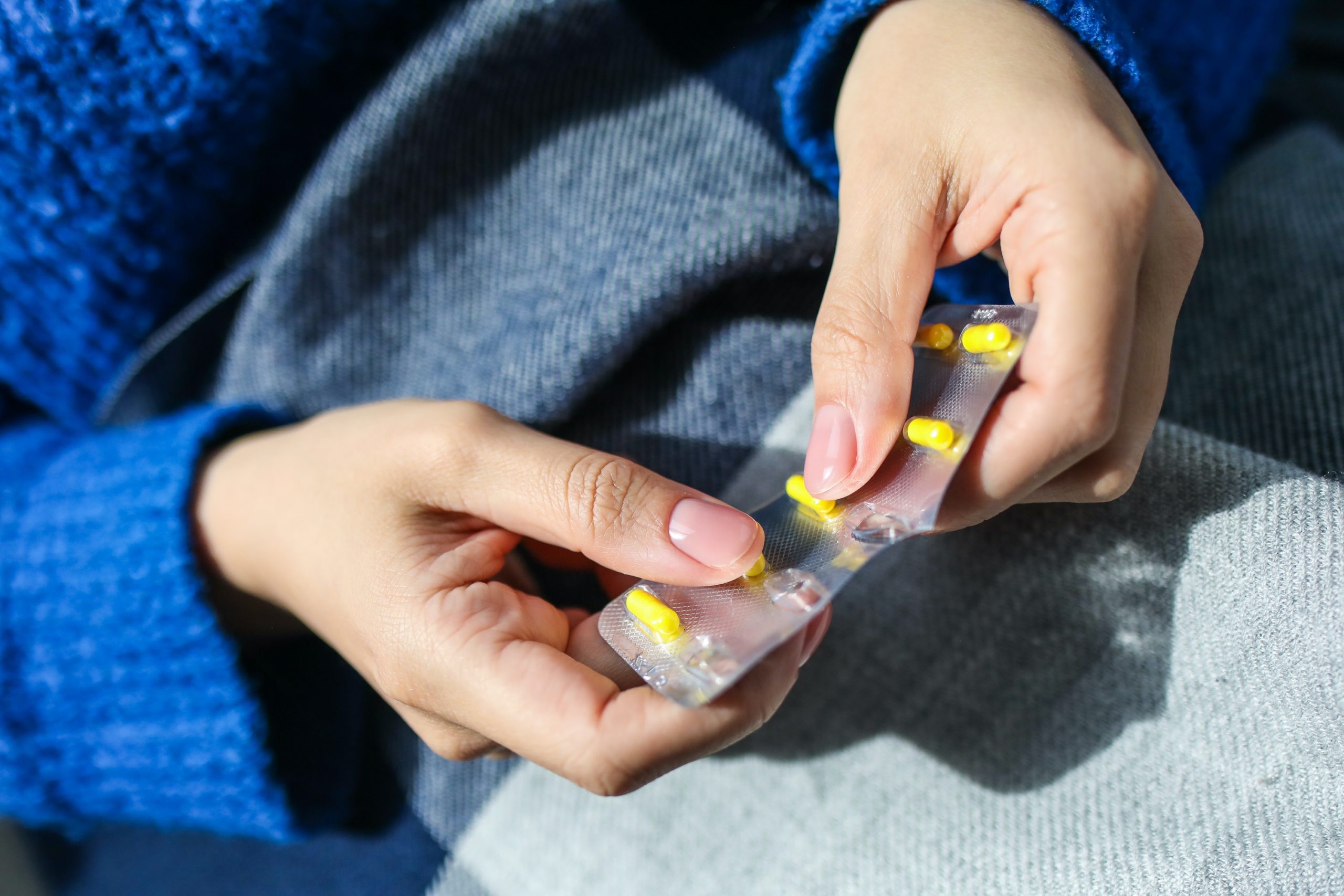

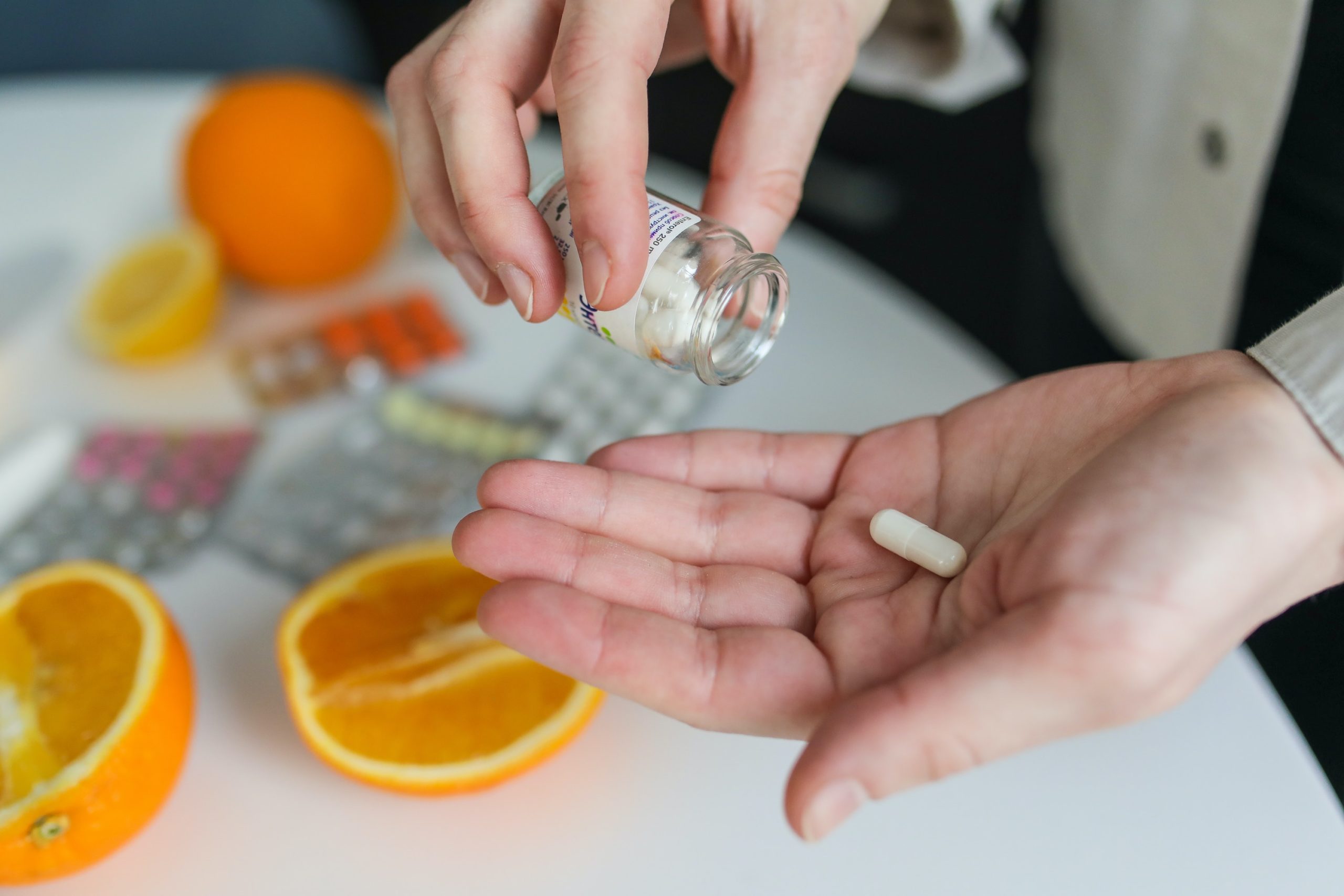
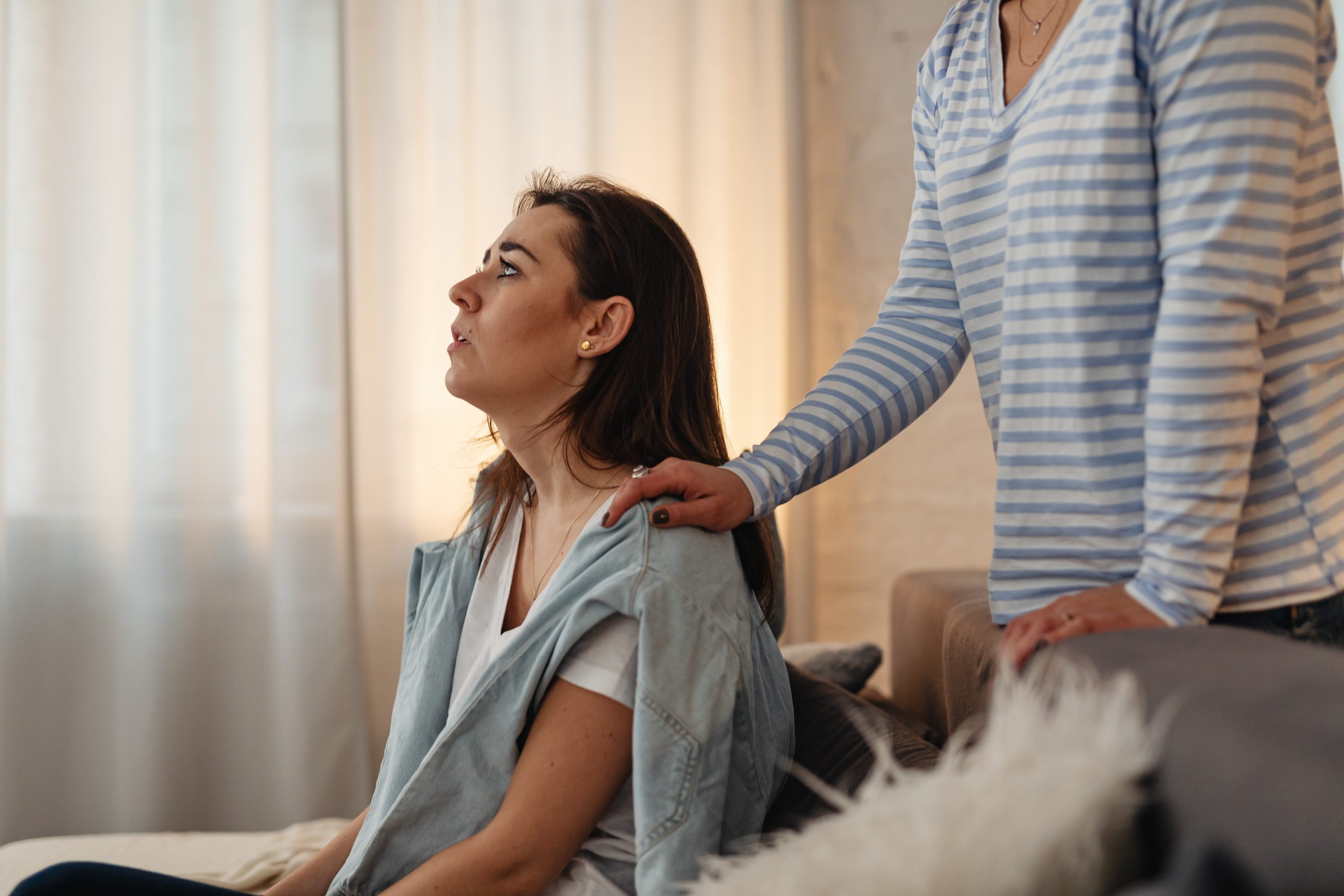


Sorry, the comment form is closed at this time.